Salient Features of GSSR
Global Social Sciences Review
The Global Social Sciences Review (GSSR) boasts several distinctive features that set it apart as a leading journal in the field of social sciences. Key features include:
Rigorous Peer Review
Each submitted manuscript undergoes a thorough and double-blind peer review process, ensuring the publication of high-quality, credible, and impactful research.
Open Access
Committed to the free dissemination of knowledge, GSSR provides open access to its articles, making cutting-edge social science research available to scholars, practitioners, and the public worldwide.
Multi-Disciplinary Focus
GSSR is a premier multi-disciplinary journal dedicated to advancing the understanding of complex social phenomena through the integration of diverse social science disciplines.
Scholarly Diversity
The journal welcomes contributions from a broad range of scholars, including early-career researchers and established experts, ensuring a rich diversity of voices and perspectives.
Global Perspective
The journal emphasizes research that addresses social challenges from a global viewpoint, fostering international collaboration and the exchange of diverse ideas and practices.
Innovative Research
The journal prioritizes groundbreaking and forward-thinking studies that push the boundaries of traditional social science research and contribute to the advancement of the field.
Why Choose Us
Our stength
GSSR is dedicated to supporting its authors through smooth publication.
Global Reach
GSSR’s emphasis on a global perspective ensures that published research reaches a wide and diverse audience, promoting international collaboration and the dissemination of knowledge across borders.
Impact and Relevance
We prioritize research with practical implications, aiming to influence public policy and social practices in ways that promote equity, justice, and sustainable development.
Ethical Publishing Standards
We adhere to the highest ethical standards in publishing, promoting transparency, integrity, and accountability in all aspects of the editorial and review process.
Our Archives
Explore our past articles.
FAQs
You Ask, We Answer
You will receive notifications via email regarding the progress of your manuscript and any updates from the editorial team.
Reach out to us
with your questions and feedback




























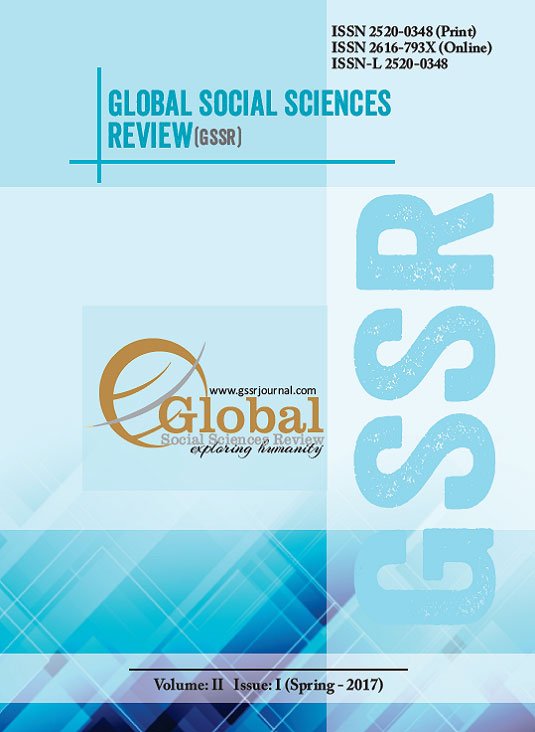
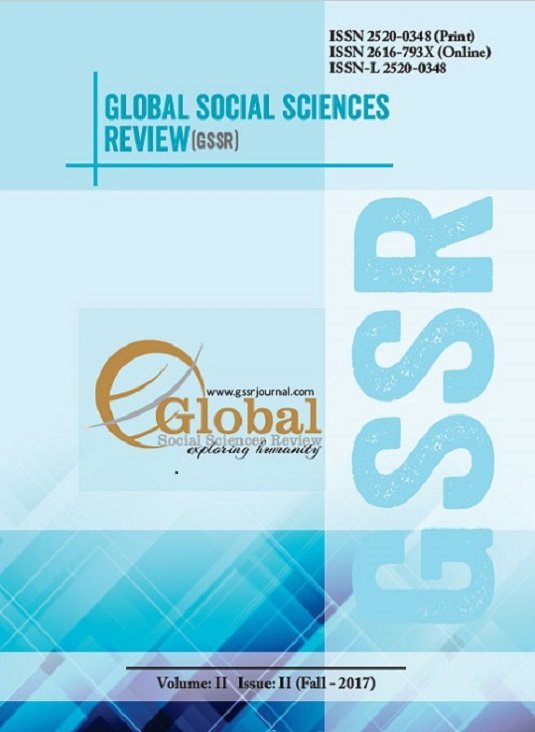
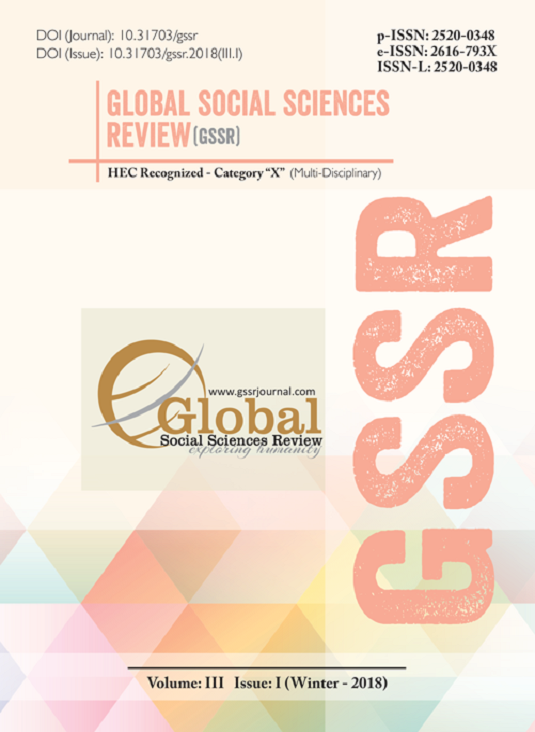
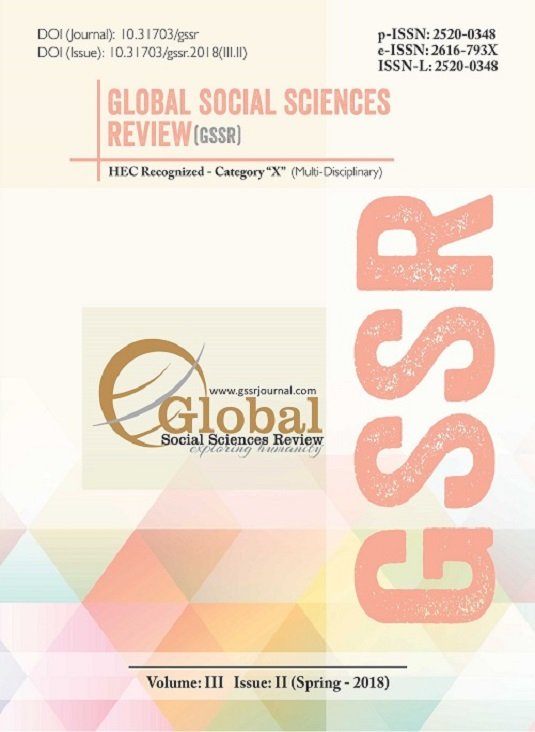




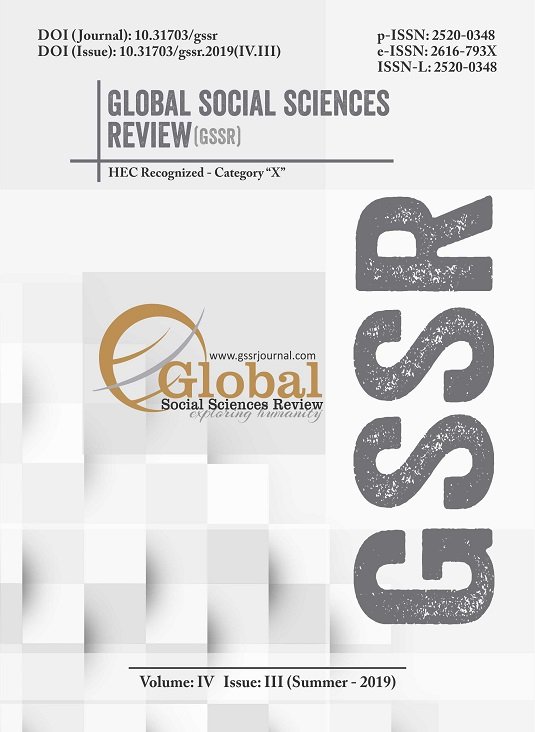


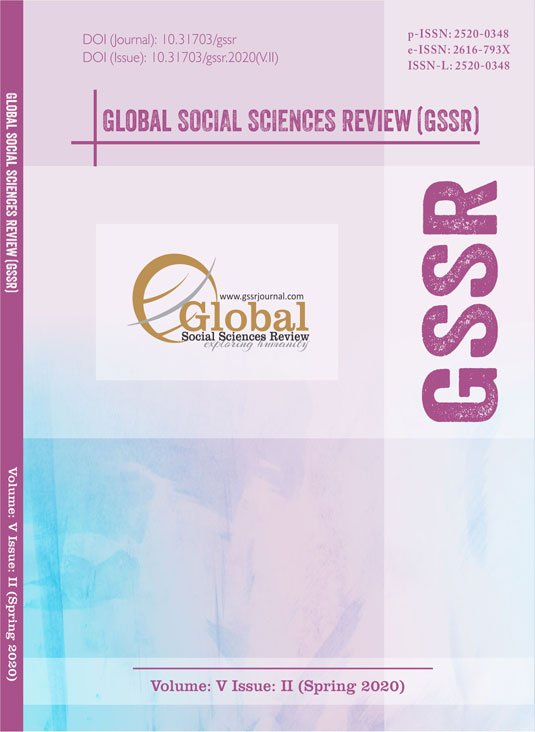
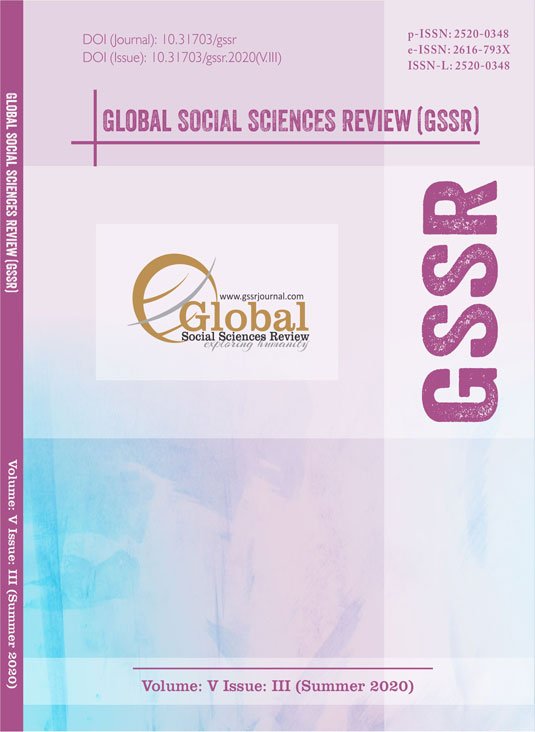
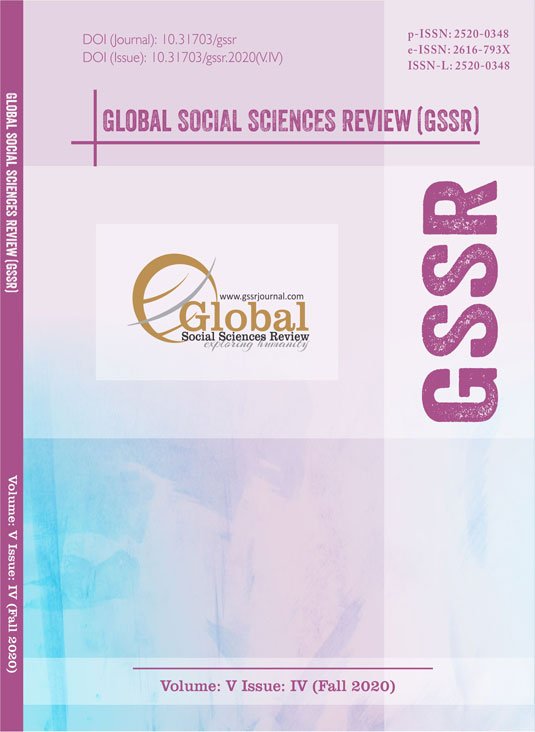
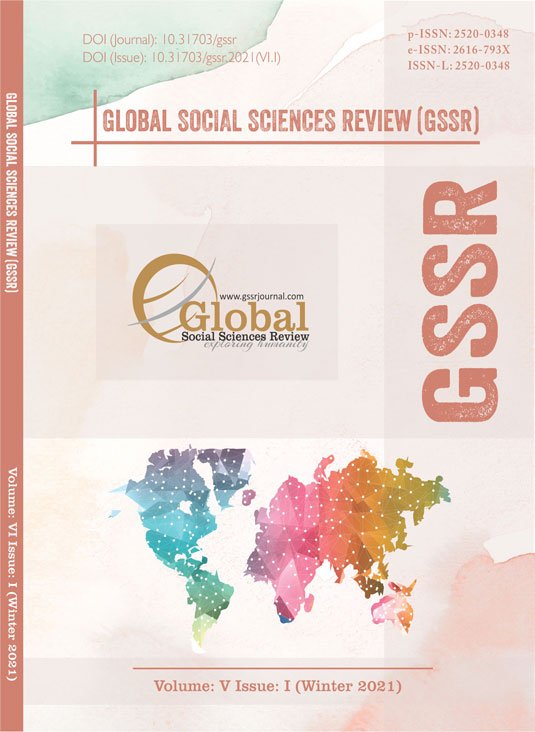
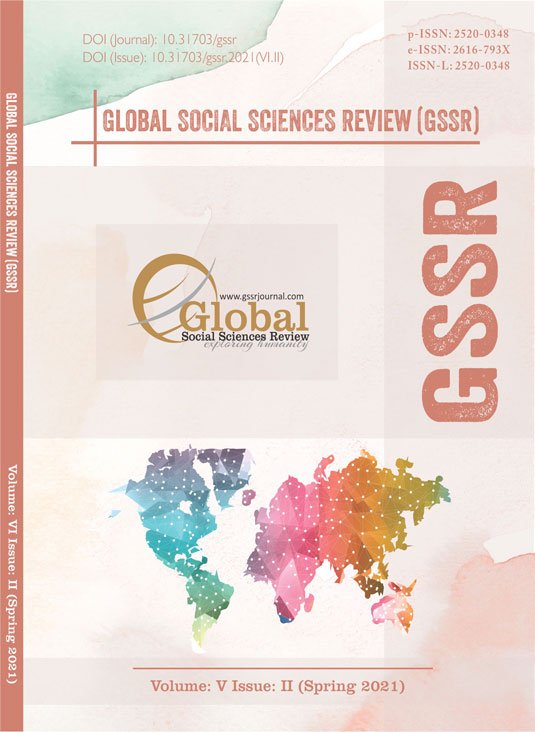
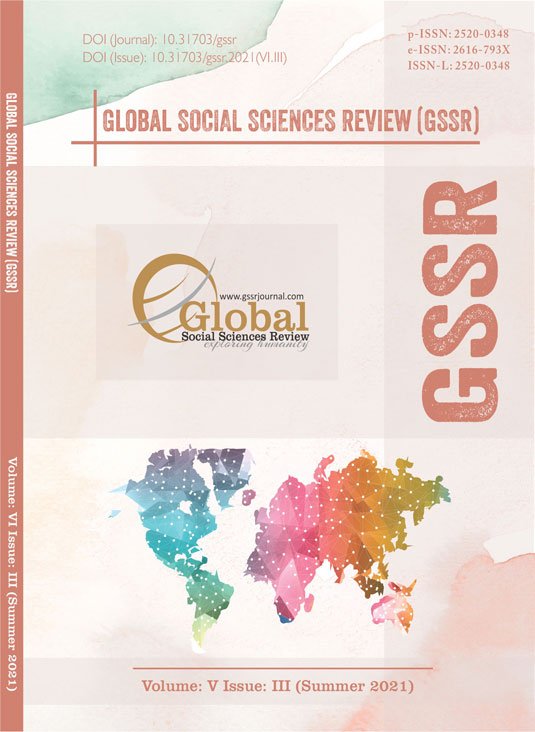
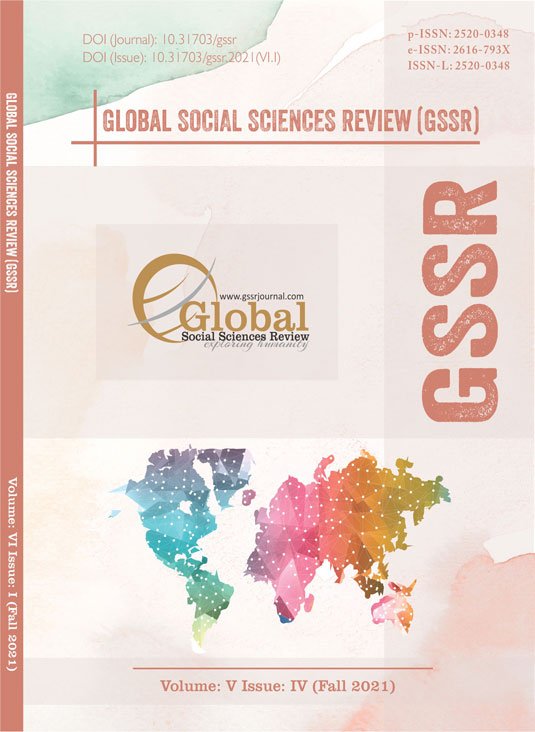
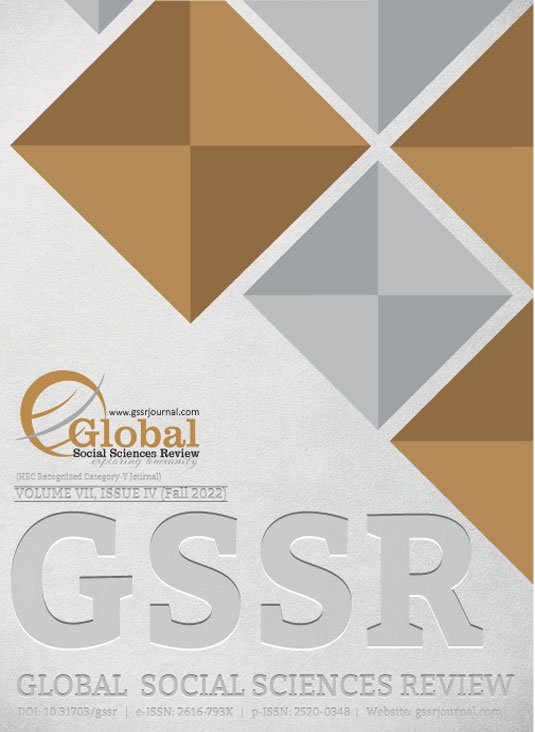


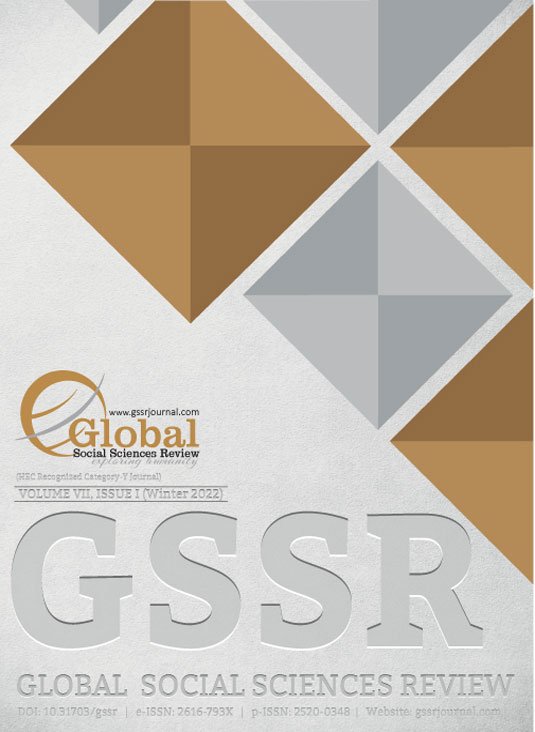





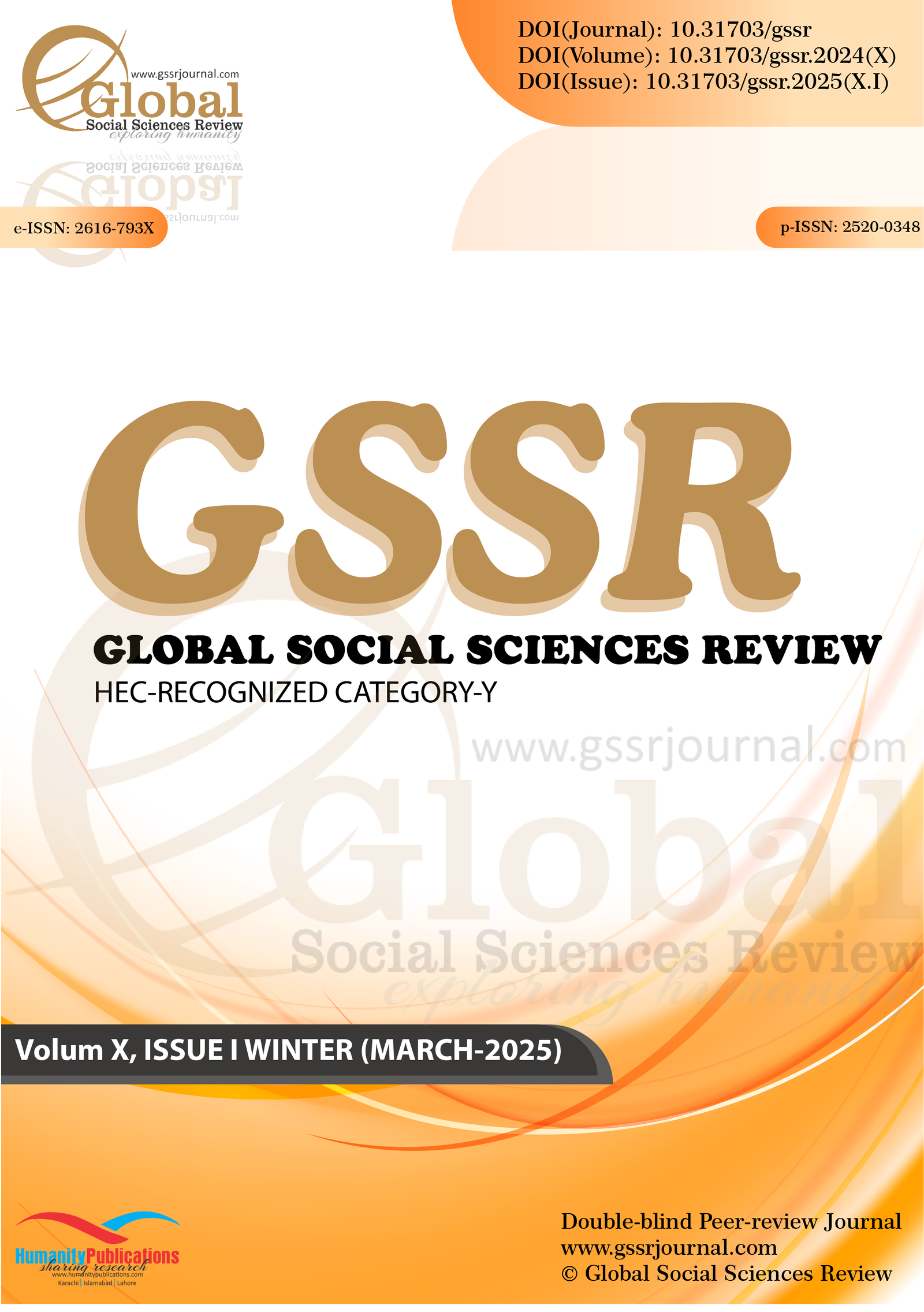

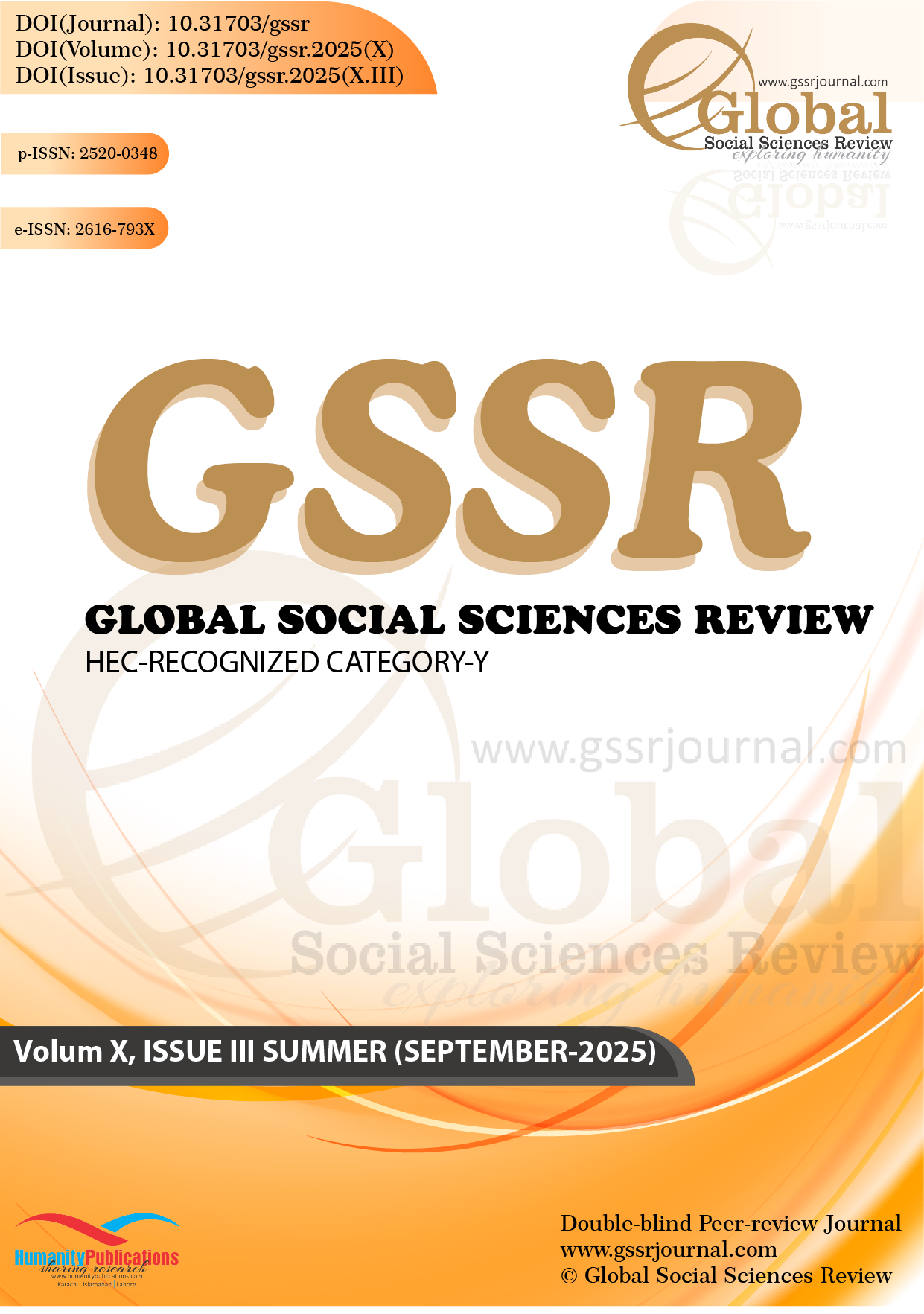

.png)
